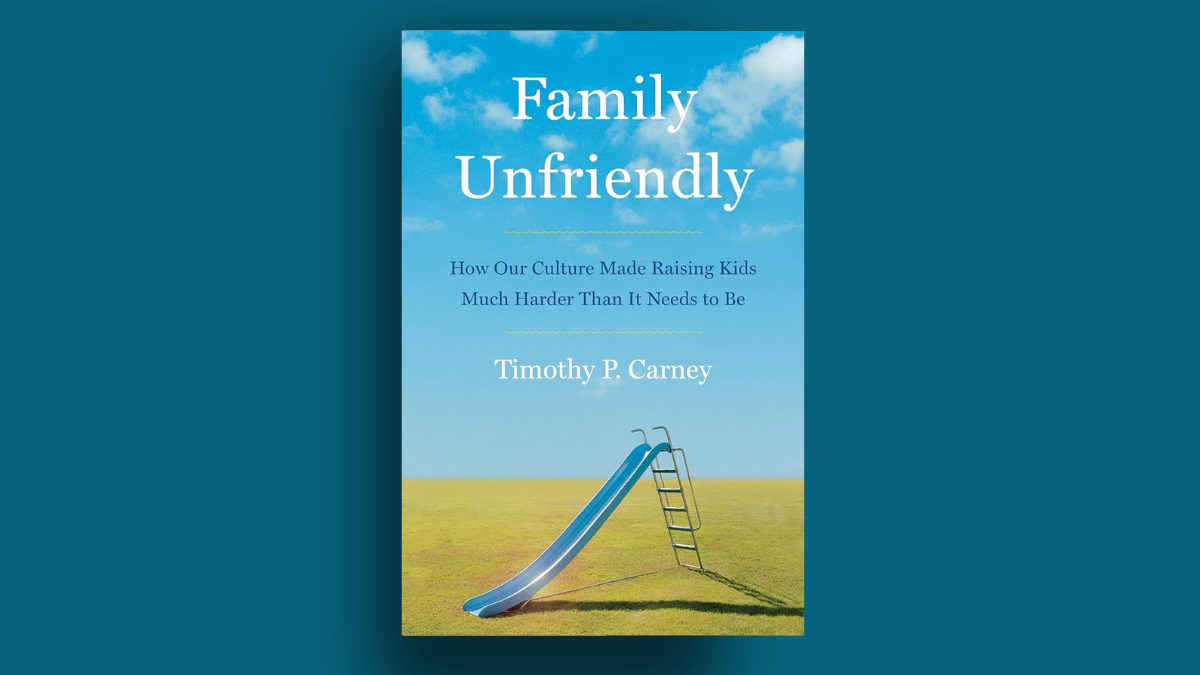
Veronica Mars was a Murder, She Wrote meets Encyclopedia Brown detective TV show that aired for three seasons about 10 years ago. Like the infamous prematurely cancelled Firefly, Veronica Mars had a small but loyal fan base. And like Firefly, the fans and the cast and writers wanted to continue the story on the big screen. This is where things got interesting.
Lead actress Kristen Bell and creator/director Rob Thomas couldn’t get a studio to sign on for the movie, so they funded the film though Kickstarter. Fans raised over $5 million for the project. And so, Veronica Mars, the movie, opened this weekend to a seemingly pathetic take of $2 million. But it was a limited release format with a same day Video On Demand release to the Kickstarter investors. As Scott Mendelson at Forbes stated, no one knows how to judge the financial success of the film because there is no precedent for a release like this.
Financial success or not, it is a fan hit. My husband and I certainly enjoyed it immensely. We hastily arranged Saturday matinee babysitting after hearing great reviews from friends and family. It could easily be a general audience hit, too. With the low budget, the film has none of the flash, wide scope, or preferred pacing of the big studio productions, but it has what so many of those movies lack: a good story.
Avoiding the studio imposed formula for film success saves stories
Because studios sink big bucks into their productions, they want assurances of success. All but out of its own ideas, Hollywood regularly takes stories from books, comic books, and earlier, great, movies. They must view it as buying an established audience, not an existing story. The stories Hollywood hollows out by formula. Through studying blockbusters past, they retro-engineered a formula for success. Along with CGI and action requirements and the obligatory love story, the powers that be push “updated” themes that they think will be popular rather than allow timeless themes to emerge out of good stories. Such practices explain how we end up with disappointments like the CGI-buries-25-minutes-of-
The formula not only weakens the old stories but also Hollywood’s ability figure out when it has a good story in hand. Veronica Mars, the series, didn’t fit the studio success formula. The heroine wasn’t a superhero, a bossy* boss, or a writer. The males weren’t all evil capitalists or squishy oafs. The series got cancelled due to low ratings, but at the time the show had about three times the viewership of Lena Dunham’s much hyped GIRLS. Yes, this is a bit of an apples to oranges comparison as GIRLS shows on subscriber TV and Veronica Mars was free. But the number of covers, interviews, and analysis Dunham’s GIRLS gets suggests it is a hit for HBO. It isn’t. (Scroll down for comment discussion about GIRLS losing 50% of its lead show audience.) With the exception of the series 3 premiere, GIRLS pulls under a million households an episode. But it tics the formula boxes and so gets the benefit of the doubt and the easy renewal.
I don’t imagine that fan funding will be a complete solution to these problems. If it gets more popular, then fan funded film making might start to resemble self publishing, many amateur works peppered with a few greats that slowly rise to prominence. But Veronica Mars shows the promise of what can happen when studio success formulas get bypassed. With no studio to accommodate, Rob Thomas wrote his detective story, his characters. The story survived and the themes emerged.
I could riff for quite a while on the many thematic virtues of Veronica Mars, but I don’t want to ruin the movie, which I highly recommend. So I will just mention one theme particularly worthy of note for its rarity.
Be anxious for the fray
Set 10 years after Veronica left her hometown private investigator life, she returns home for a few days to help a friend. (You don’t need to be a fan to follow the story. Fans will see more, of course, but Thomas does a good recap. A newcomer can simply enjoy a detective flick.)
On the cusp of a high salary career at a NYC law firm, Veronica is tempted by her old life of solving crime. Until the end, she regards her sleuthing urges as adrenaline surfing impulses. She uses addiction metaphors to refer to the pull of her PI life. But Veronica is not addicted to the thrill of the chase. She’s addicted to fighting the good fight.
Faced with the choice between a comfortable, high powered career for which she has worked hard or a modest, dangerous career in a town that regards her with contempt, she choses the latter. And she doesn’t choose it because she is an adrenaline junkie but because it is the fray, the day to day battle between right and wrong that matters. She has a talent for the fight. She is needed for the fight. The siren song of money and prestige does not pull her away. And the promise of scorn does not scare her away.
This is the kind of antiquated theme that often doesn’t make it though studio story editing. The NYT review certainly didn’t get it. “[I]t’s hard to believe that Veronica, having matured into the totally together woman you always knew she would become, would honestly want to return to this pitiful small town other than for a visit with Dad.” For some it is hard to believe. For others, it makes perfect sense.
*No, I will not participate in the ridiculous, counterproductive, and ignorant to irony campaign to “ban bossy.”









